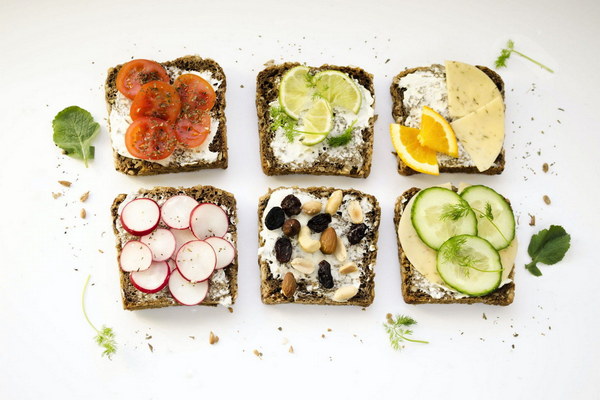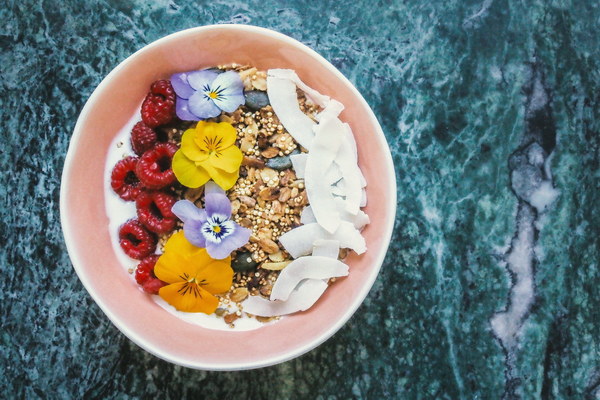Nourishing the Kidney Dialysis Patients A Comprehensive Guide to Healthy Eating
Introduction:
Kidney dialysis is a life-saving treatment for individuals with chronic kidney disease. However, the process of dialysis can lead to various complications, including malnutrition. Maintaining a balanced and nutritious diet is crucial for kidney dialysis patients to improve their overall health and quality of life. This article provides a comprehensive guide on how kidney dialysis patients can nourish themselves effectively.
1. Understanding Nutritional Needs
Kidney dialysis patients often have unique nutritional needs due to the loss of kidney function. The following nutrients are particularly important:
a. Protein: Adequate protein intake is essential for maintaining muscle mass and strength. However, high levels of phosphorus can accumulate in the body, so it is important to choose low-phosphorus protein sources.
b. Carbohydrates: Carbohydrates provide energy and help maintain blood sugar levels. Whole grains, fruits, and vegetables are good sources of carbohydrates.
c. Fats: Healthy fats are necessary for various bodily functions, including brain development and protection of organs. Focus on unsaturated fats found in nuts, seeds, and olive oil.
d. Vitamins and Minerals: Kidney dialysis can lead to deficiencies in certain vitamins and minerals, such as vitamin D, calcium, iron, and potassium. Consult with a healthcare provider or a registered dietitian to ensure adequate intake.
2. Low-Phosphorus Diet
High levels of phosphorus can accumulate in the body, leading to complications such as weak bones and cardiovascular disease. Here are some tips for managing phosphorus intake:
a. Avoid high-phosphorus foods, such as dairy products, processed meats, and whole grains.
b. Choose low-phosphorus alternatives, such as almond milk instead of cow's milk and tofu instead of cheese.
c. Use phosphate binders as prescribed by a healthcare provider to help reduce phosphorus absorption.
3. Managing Fluid Intake
Fluid retention is a common issue for kidney dialysis patients. Here are some tips for managing fluid intake:
a. Follow the prescribed fluid restrictions set by your healthcare provider.
b. Monitor your weight regularly and report any sudden increases to your healthcare team.
c. Avoid consuming excessive amounts of salt, as it can contribute to fluid retention.
4. Balanced Meals and Portion Control
A balanced diet is essential for kidney dialysis patients. Here are some tips for planning meals:

a. Include a variety of food groups in each meal, such as proteins, carbohydrates, and vegetables.
b. Use portion control to manage calorie intake and maintain a healthy weight.
c. Focus on nutrient-dense foods that provide essential vitamins and minerals.
5. Hydration and Water Intake
Proper hydration is crucial for kidney dialysis patients. Here are some tips for maintaining adequate hydration:
a. Drink water according to your healthcare provider's recommendations.
b. Avoid beverages with high levels of phosphorus, such as beer and certain soft drinks.
c. Consider using a water purification system to reduce the risk of ingesting harmful contaminants.
Conclusion:
Kidney dialysis patients have unique nutritional needs, and maintaining a balanced and healthy diet is essential for their overall well-being. By understanding their nutritional requirements, managing phosphorus and fluid intake, and planning balanced meals, kidney dialysis patients can improve their quality of life. Consult with a healthcare provider or a registered dietitian for personalized dietary advice and support.









